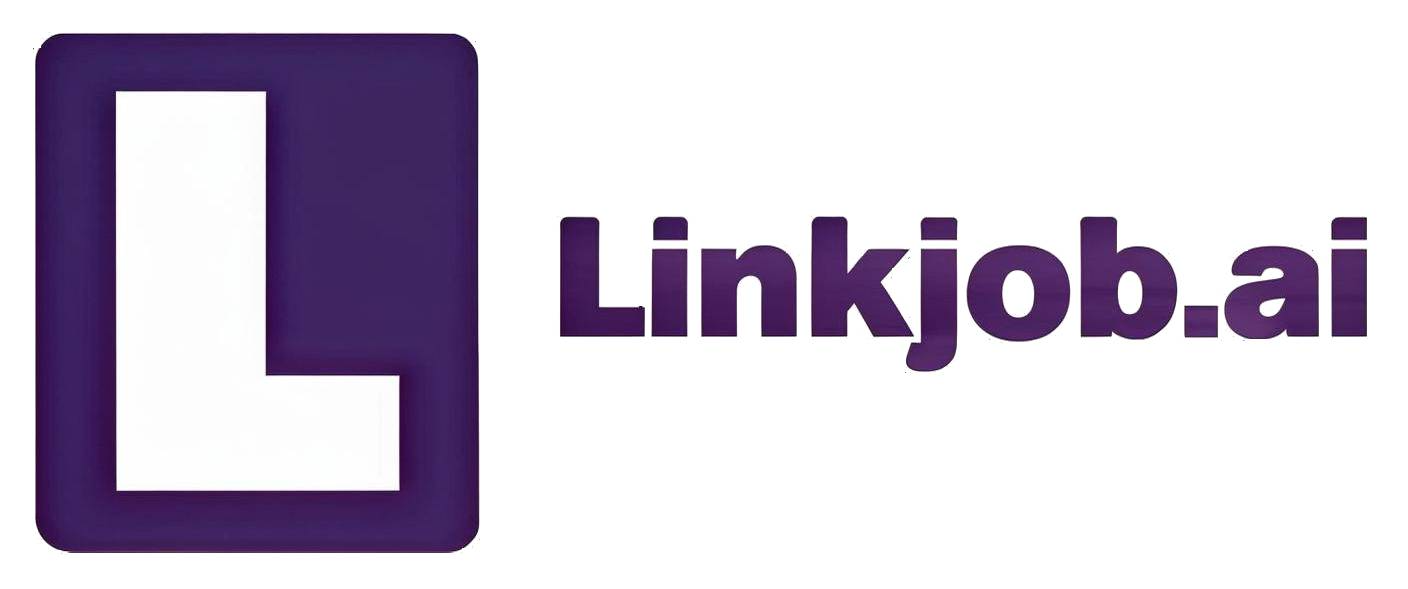How I Passed My Palantir New Grad SWE Interview in 2025
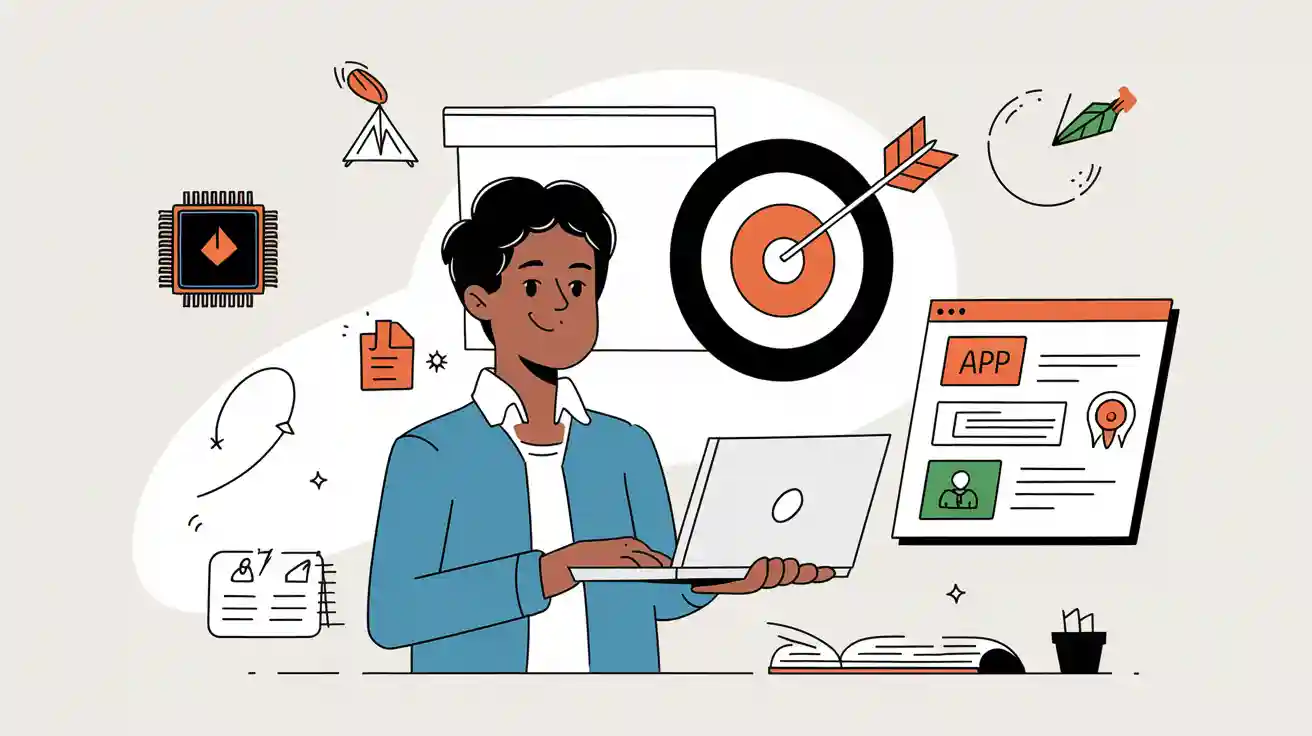
I passed the Palantir interview, got lucky as a New Grad, and I want to share my real experience. New grads can succeed too!
Palantir is different from other companies in that it values cultural fit very highly, every round has behavioral questions. Technical questions are also scenario-based, considering user impact rather than pure LeetCode.
This is also why I used Linkjob.ai, because it generates answers based on real interview questions and my personal situation, making it more suited to the real interview environment, and its stealth AI interview assistant features ensure that the interviewer cannot see the AI-generated answers.
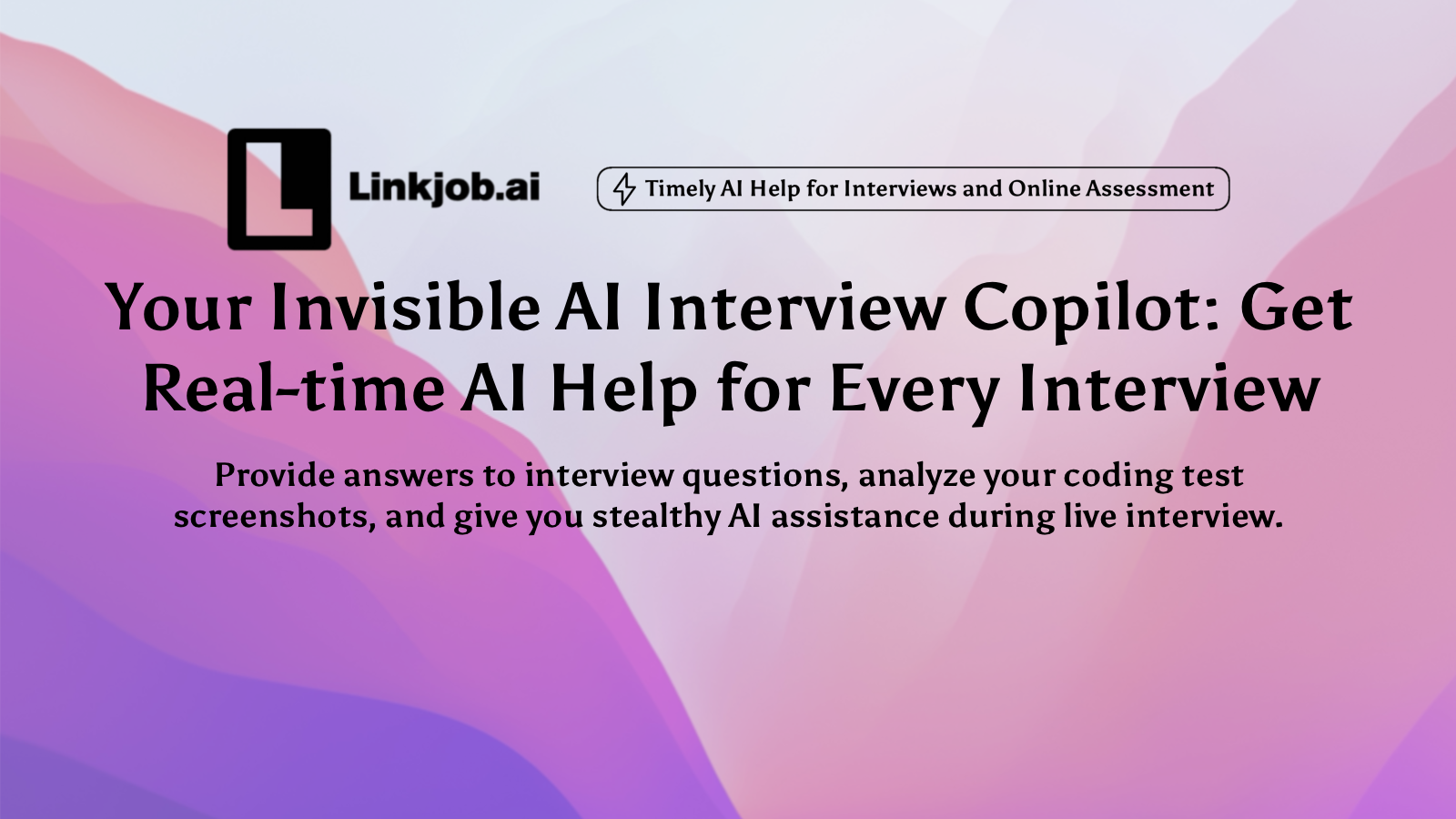
Palantir New Grad Interview Process and Questions
Recruiter Call
The Palantir screening is stricter than other companies, many technically strong candidates are filtered out in this round.
The questions I was asked in this round included: Why Palantir? What specifically draws you to our mission? Tell me about your favorite and least favorite projects? What kind of work do you want to do moving forward?
Key points: Show genuine interest in the company mission, not just surface motivation. The company values long-term commitment, and will check for red flags that may indicate you won’t stay long.
Technical Phone Screen
Conducted on CodePair, half technical, half behavioral. Algorithm questions are placed in real-world context, not pure LeetCode style.
Real Question 1: User Activity Tracking System
Design a system to track user activity on a web platform, implement function.
def find_most_active_users(activities, n_days, top_k):(activities is a list of (user_id, timestamp, activity_type), n_days is the recent days to consider, top_k is the number of top users to return).
Requirements: Not only implement the algorithm (e.g., use HashMap to count user activity), but also consider user experience, such as handling edge cases, optimizing for repeated queries (can discuss implementing caching mechanism, impact of time complexity on users, etc.).
Real Question 2: Data Pipeline Monitoring
Build a data pipeline monitoring system, design a function to detect abnormal processing time.
Requirements: The question is intentionally vague, you need to actively ask clarifying questions, such as What constitutes an anomaly? How should we handle missing data? What’s the expected user workflow?
I felt this question was quite challenging for a New Grad. Although it’s not complex, the problem is vague and requires system-thinking and asking clarifying questions proactively. So at that time, I used Linkjob to directly help me identify the key points of this question and suggest which questions would be good to ask.
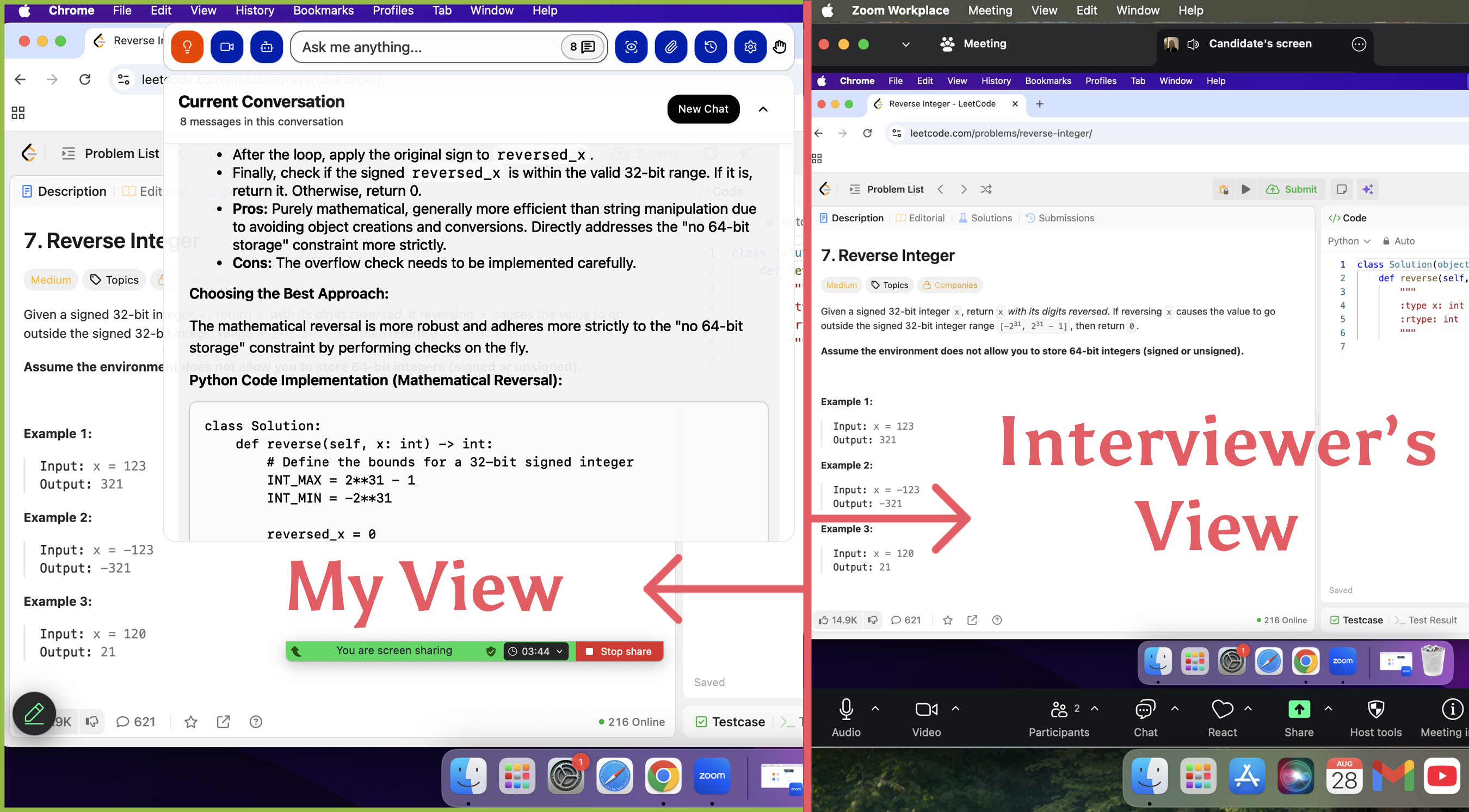
My experience using it was great, and the AI coding interview copilot stayed completely stealthy the whole time without being detected.
Onsite
Note: Each interview includes 20 minutes of behavioral questions.
Problem Decomposition (mandatory, non-standard coding interview)
Real Question: Smart City Traffic Management (the city wants to use real-time data to optimize traffic flow, how to handle this problem).
Assessment points: Problem-solving approach, including how to break down complex problems, what data sources are needed, how to prioritize different objectives, how to measure success, how to consider the needs of different stakeholders; need to demonstrate systematic thinking and user empathy, no standard answer.
System Design
Real Question: Real-time Collaboration Platform (design a system similar to Google Docs where multiple users can edit simultaneously).
Features: Different from standard system design, more focus on How does this impact end users? What trade-offs are you making for user experience? How would you handle edge cases that affect users?
Components to discuss: WebSocket connections (real-time updates), Operational Transform (conflict resolution), Caching strategies (performance optimization), Load balancing and scalability; each design decision needs to be justified from the user perspective.
Re-engineering
Real Question: Bug Detection in Payment Processing (given code for payment handling, find and fix bugs).
Code:
def process_payment(amount, user_id, payment_method):
if amount> 0: # Bug 1: Should check for reasonable upper limit
user = get_user(user_id)
if user.balance >= amount: # Bug 2: Should consider payment method
transaction = create_transaction(amount, user_id) # Bug 3: Missing error handling for transaction creation
user.balance -= amount
return transaction.id
except
return None # Bug 4: Should return error code or raiseRequirements: Not only find bugs, but also discuss How would these bugs affect users? What monitoring would you add? How to prevent similar issues in the future?
Coding Round
Real Question: Content Recommendation Engine (implement a basic recommendation system, recommend content based on user browsing history).
Function:
def recommend_content(user_history, all_content, num_recommendations):(user_history is the list of content IDs the user has browsed, all_content is the list of all available content including metadata, num_recommendations is the number of recommendations to return).
Requirements: Implement a simplified collaborative filtering; focus is not algorithm complexity, but How to handle cold start problem? How to ensure diversity in recommendations? How to optimize for user engagement? What metrics would you track?
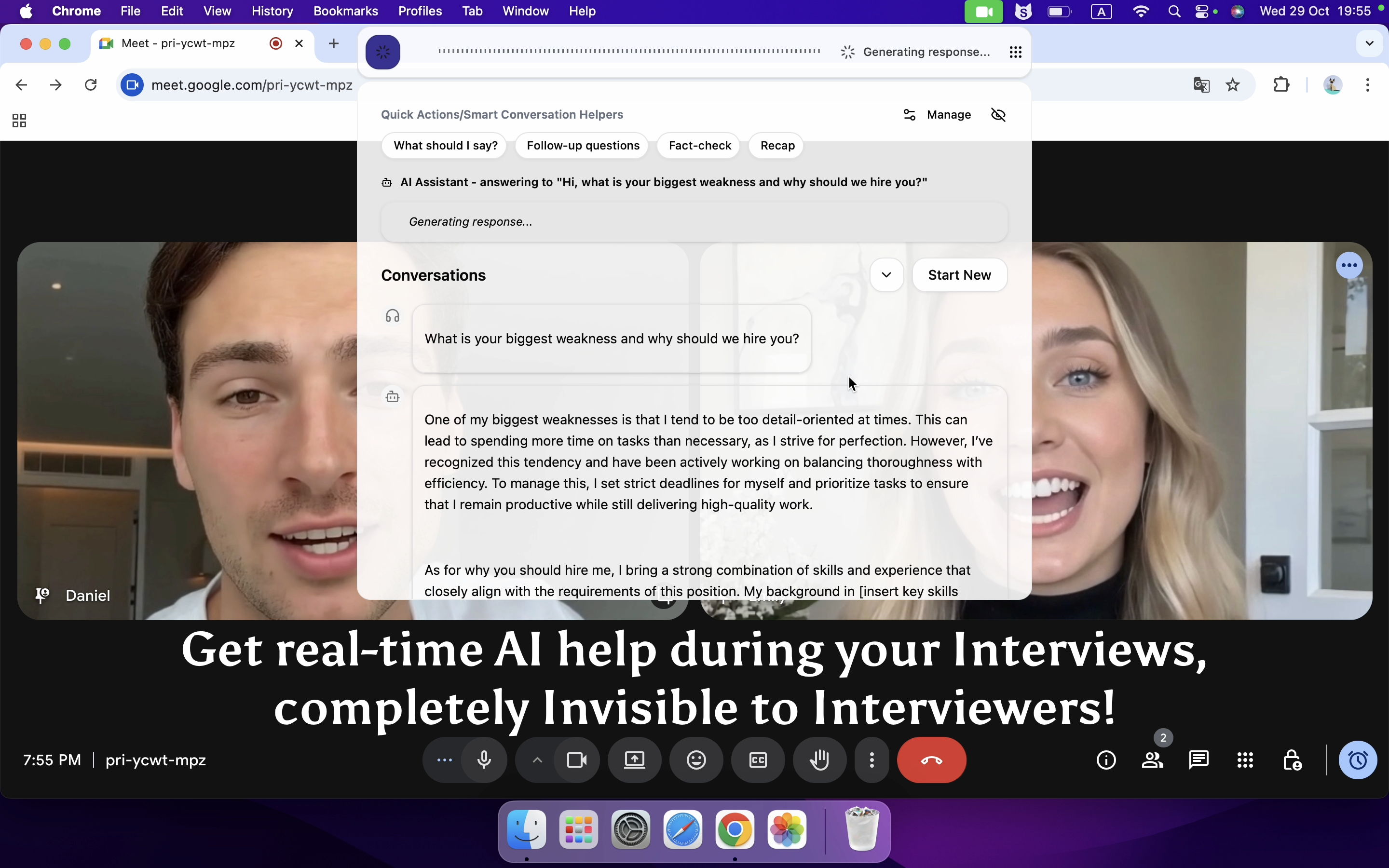
Hiring Manager Screen
Will repeat parts where onsite performance was insufficient, may include technical or behavioral content.
Behavioral Questions Deep Dive: Different from other companies, Palantir values values and motivation.
I was asked the following questions:
Tell me about a time when you had to make a difficult ethical decision in your work. (Because the company handles sensitive data, prepare examples showing ethical reasoning; the question is tricky).
How do you think about the balance between privacy and security? (Related to the company’s core business, need thoughtful opinions).
Describe a project where you had to consider the end-user impact of your technical decisions.
Palantir New Grad Interview Experience and Questions
While preparing for the interview, I also found some others’ interview experiences, and I organized them as a supplement to my personal interview experience.
Experience - 4 Stages
Recruiter Call
Mainly asked why I want to join Palantir, and what I liked and disliked about my previous company and role.
Coding Interview
Keyword: the quick brown fox jumps over the lazy dog. I remember it was either a DFS or two-pointer problem; both topics are worth reviewing. If you use recursion, they will ask about the hidden cost—the answer is the call stack.
Decomp + Learning
Decomp: Design a solution to solve the problem of wanting to go to a quiet restaurant but not knowing how to find one.
Learning: They designed a batch-request middleware-like data structure and showed you the code. The first part asks questions to check your understanding, and the second part is debugging.
HM Round
30 minutes behavioral questions, 30 minutes technical.
Behavioral questions focused on your previous internship: which project you had ownership of, challenges you faced. They also asked about the biggest failure in your career and what you are looking for in your next role.
Experience - VO
Round 1
A portfolio with several stocks. Given the prices and dates of these stocks, calculate the total value of the portfolio on different dates.
SD: Design a monitoring system to monitor the performance of backend servers.
Given an existing codebase, implement a required functionality.
Round 2
Coding question. Calculating a stock portfolio, I wrote a TreeMap; the interviewer said it could be optimized to remove the log n complexity. You could use two pointers. In the end, I organized the logic and gave runnable pseudocode, using a list to track the corresponding stock pointers.
Round 3
Debugging question. I debugged two problems, not entirely sure how many in total. The first one was about 80+ lines of code, with an if-else logic issue that caused the hashmap count to be incorrect. The second one was about 250+ lines, with too many abstractions; the bug was double counting infected contacts. Without prior practice on similar questions, it was still quite challenging to solve.
Palantir Real Interview Summary
Difficulty Assessment
Harder than average companies, difficulties include: open-ended and vague problems, heavy emphasis on behavioral questions, need to demonstrate more than just technical skills.
New Grad Opportunities
Competitive but possible, the company values potential and learning ability; strong academic background is a plus, relevant project experience is very important.
Preparation Tips for Palantir New Grad Interview
Preparation Time Suggestion
At least 2–3 months: 1 month to consolidate algorithm fundamentals, 1 month to practice system design and problem decomposition, 1 month to prepare behavioral questions and research the company.
Tech Preparation Suggestions
Algorithms and Data Structures (solid fundamentals required)
Covers: Arrays, Strings, Hash Tables, Trees and Graphs, Dynamic Programming, System Design fundamentals.
Key Areas to Focus On
Vague problem solving (practice handling under-defined problems).
User-centric thinking (consider user impact for each solution).
Code review skills (practice finding bugs and improving code quality).
System design (especially scalability and performance optimization).
Cultural Fit
The company values cultural fit, need to understand:
Company mission and values.
Viewpoints on data privacy and civil liberties.
Why you want to do socially impactful work.
FAQ
What coding languages should I focus on for Palantir interviews?
I practiced mostly in Python and Java. The interviewers cared more about my problem-solving skills than the language. I picked the one I felt most comfortable with.
How did you prepare for Palantir’s technical interviews as a New Grad?
I practiced algorithms, system design, and behavioral questions, focusing on arrays, hash tables, problem decomposition, and real-world scenarios. I also did mock interviews to simulate the real experience.
What made the Palantir interview particularly challenging?
Open-ended problems and system design questions were tricky. They tested my ability to handle vague problems, consider users, and think through trade-offs, not just coding skills.
See Also
My Step-by-Step Palantir Interview Process and Actual Questions in 2025
How I Conquered Palantir’s 2025 HackerRank Challenge
What I Learned From My Palantir Decomposition Interview Mistakes and Fixes
My Experience of the Databricks New Grad Interview Process in 2025

